Australian politics are abuzz with Peter Dutton’s latest moves. The conservative leader is strategically positioning himself to win back voters in outer suburban and regional areas, hoping to sway the traditional working-class base towards his Coalition party.
Dutton, often portrayed as a
“strongman”
in Australian politics, has been actively engaging in culture wars to shape the narrative ahead of the upcoming federal election. With a keen eye on US president-elect Donald Trump’s successful campaign tactics, political analysts are closely monitoring how Dutton navigates these contentious issues.
Recently, Dutton waded into debates surrounding Australia Day, reigniting discussions around national identity and cultural sensitivities. By challenging Prime Minister Anthony Albanese on issues like citizenship ceremonies and social progressivism versus cost of living concerns, Dutton aims to highlight the opposition’s alleged disconnect from everyday Australians.
As Dean Sherr, a former media adviser in the prime minister’s office, pointed out:
“[Dutton] wants to create this culture war debate because he thinks it’ll help him win seats in outer-suburban areas and convince people to think Labor’s focus is on inner-city progressive concerns.”
The battleground for these culture wars extends beyond ideological differences; it reflects a larger struggle for power and influence over key voting demographics. In an era marked by economic uncertainties post-pandemic, governments worldwide face challenges retaining voter trust amidst rising costs of living.
According to a government source familiar with Labor’s strategy, disciplined messaging plays a crucial role in countering the Coalition’s rhetoric. The opposition’s relentless attacks may not resonate well with an electorate seeking tangible solutions rather than political bickering.
Albanese’s measured responses demonstrate an attempt to steer clear of falling into the trap set by Dutton and his allies. However, maintaining this delicate balance requires consistency and unwavering commitment to core values amid shifting political landscapes.
Andrew Hughes from the Australian National University likened these culture wars to a
“narrative vortex,”
emphasizing that losing control over the narrative could have lasting repercussions.
As both parties gear up for electoral campaigns centered around economic policies and promises aimed at alleviating financial burdens on households, expert opinions diverge on their effectiveness. While Labor highlights its achievements in addressing cost-of-living issues through targeted measures like energy bill relief and tax reforms benefiting middle-income groups, doubts linger about public perception regarding these efforts.
Kos Samaras—a seasoned political strategist—acknowledges the challenge faced by both sides in convincing voters of their respective visions for economic recovery and prosperity. Despite attempts by Dutton to rebrand his party as pro-working class through vague pledges on fiscal management and industrial development initiatives like nuclear energy projects, skepticism remains prevalent among voters wary of traditional party identities.
Samaras noted that while Trump successfully rebranded himself as anti-establishment championing blue-collar interests in America, replicating such a transformation within Australia poses unique challenges due to long-established perceptions about Liberal party affiliations.
In essence, while culture wars may serve as effective short-term strategies for rallying support among specific voter demographics like those residing in outer suburbs or regional areas disillusioned with mainstream politics—it comes at a potential cost if substantive policy discussions take a backseat during critical election cycles.


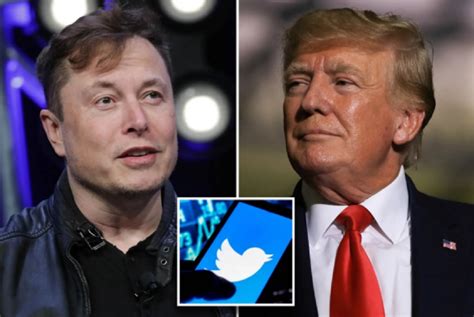
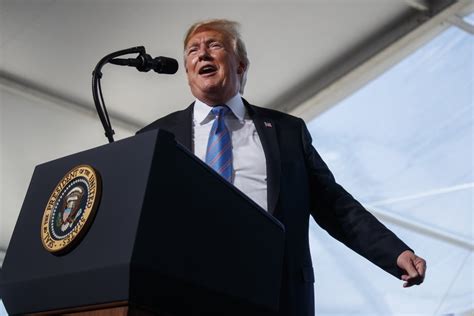
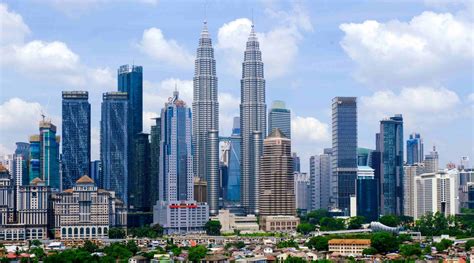

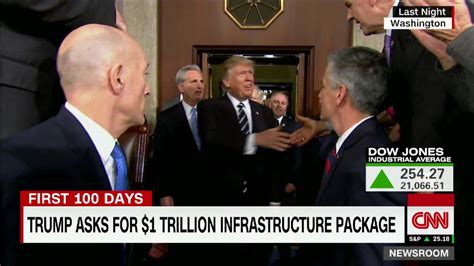
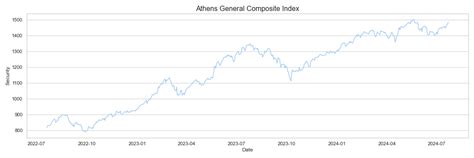
Leave feedback about this